Coronavirus: Southampton pollution levels almost halve
- Published
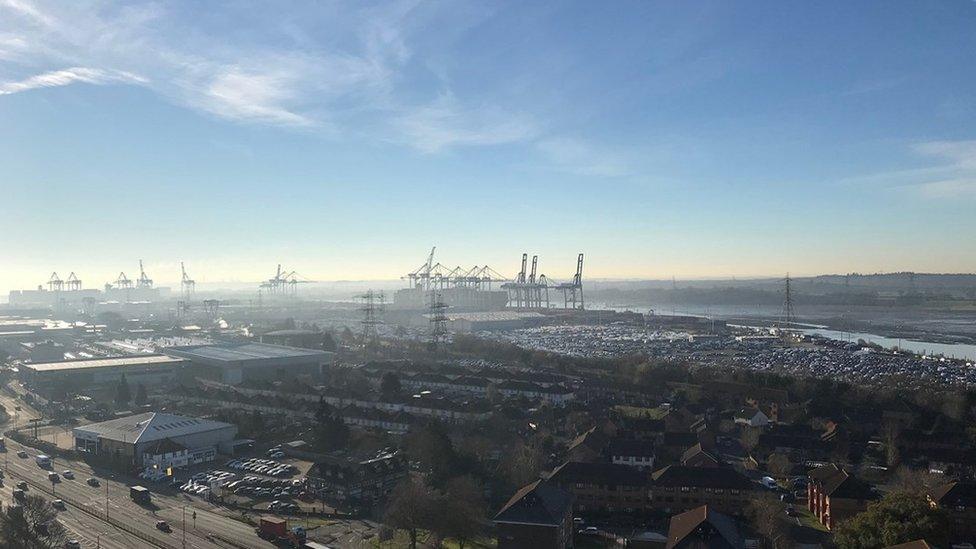
Monitoring stations in Southampton have detected large reductions in nitrogen dioxide (NO2)
Air pollution in Southampton has fallen dramatically since coronavirus lockdown measures were introduced.
Data from air quality monitors shows in some areas levels of nitrogen dioxide (NO2) have almost halved.
The curb in pollution comes during a reduction in traffic and fights. Cruise companies including Cunard and P&O have suspended operations.
Nitrogen dioxide is released from vehicle exhausts and is considered to be a serious air pollutant.
On 16 March, Prime Minister Boris Johnson urged people to work from home and avoid non-essential travel. The government also closed schools and instructed people to stay at home except for very limited reasons.
Southampton's pollution figures, which were compiled from government data by the BBC's Shared Data Unit, have been welcomed by environmental campaigners.
Lyn Brayshaw, of Friends of the Earth Southampton, said: "You can almost the taste and smell the difference from the lack of fumes.
"Hopefully people will realise that they don't need to be getting in their cars. Maybe moving forward they will invest in a bike instead."
The new figures show levels of NO2 on the A33 in the city have fallen from an average of 40.1 micrograms per cubic metre between 19-26 March in 2019, to 21.9 micrograms per cubic metre between 17-24 March this year.
The average also dropped in the city centre during the same period from 33.3 micrograms per cubic metre to 20.9 micrograms per cubic metre the Local Democracy Reporting Service said.
Earlier this year the city council unveiled the Green City Charter's delivery plan, external which includes plans for fewer parking spaces in the city centre, 5,000 new trees and 25 urban meadows.
Under the charter the city expects to be to be carbon neutral by 2030.
Southampton was among five cities the government called on to establish a clean air zone along with Leeds, Birmingham, Nottingham and Derby.
In May 2018, the city was named by the World Health Organization as being at the limit for levels of fine-particle pollution.

A SIMPLE GUIDE: How do I protect myself?
AVOIDING CONTACT: The rules on self-isolation and exercise
LOOK-UP TOOL: Check cases in your area
MAPS AND CHARTS: Visual guide to the outbreak

- Published7 April 2020

- Published3 April 2020
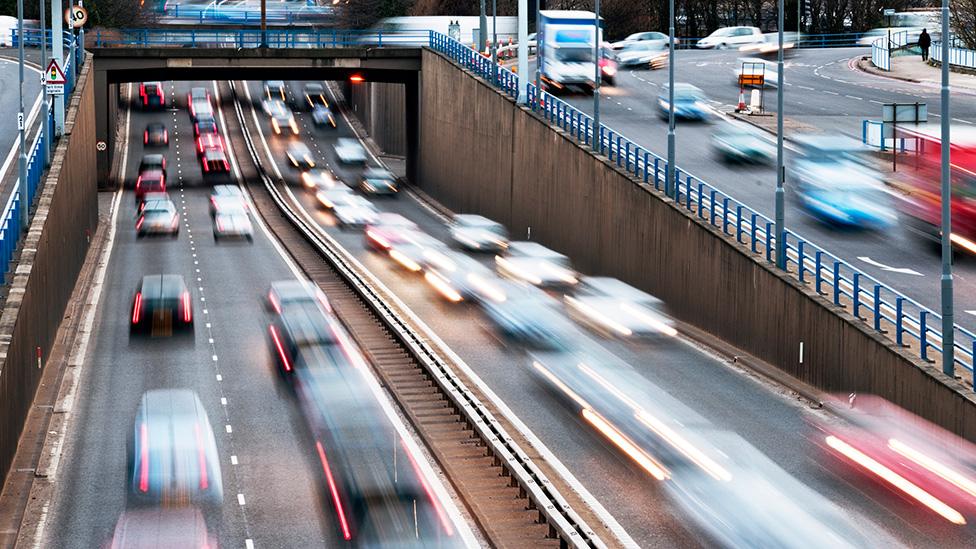
- Published30 March 2020
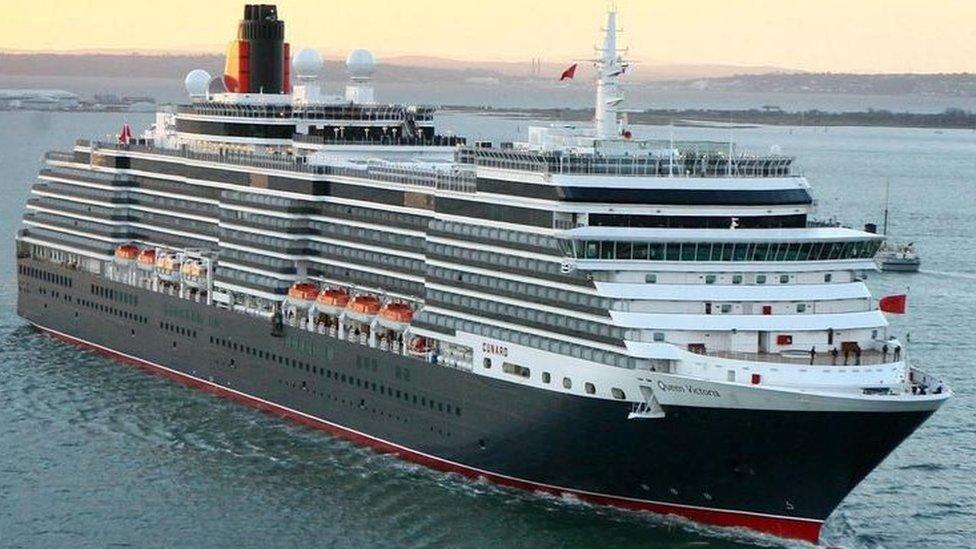
- Published30 March 2020
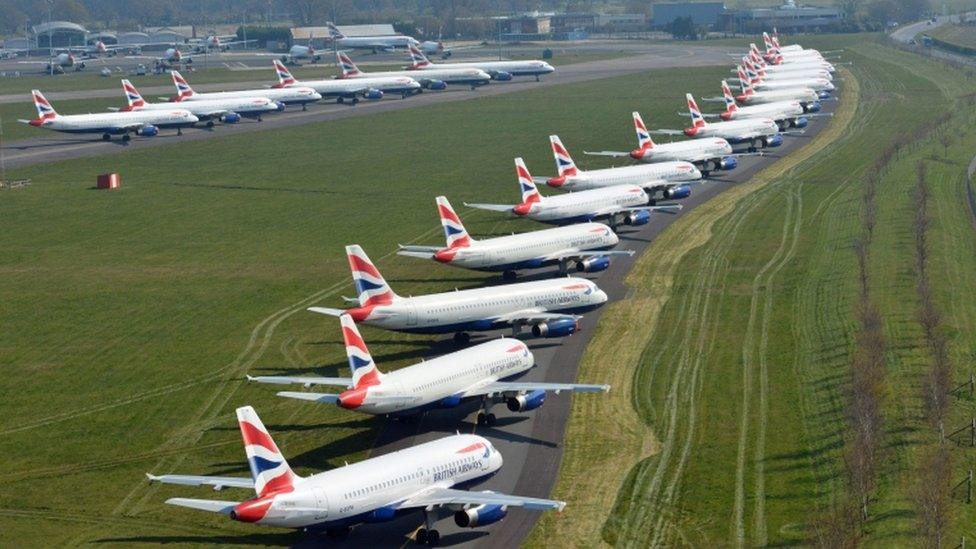
- Published30 March 2020
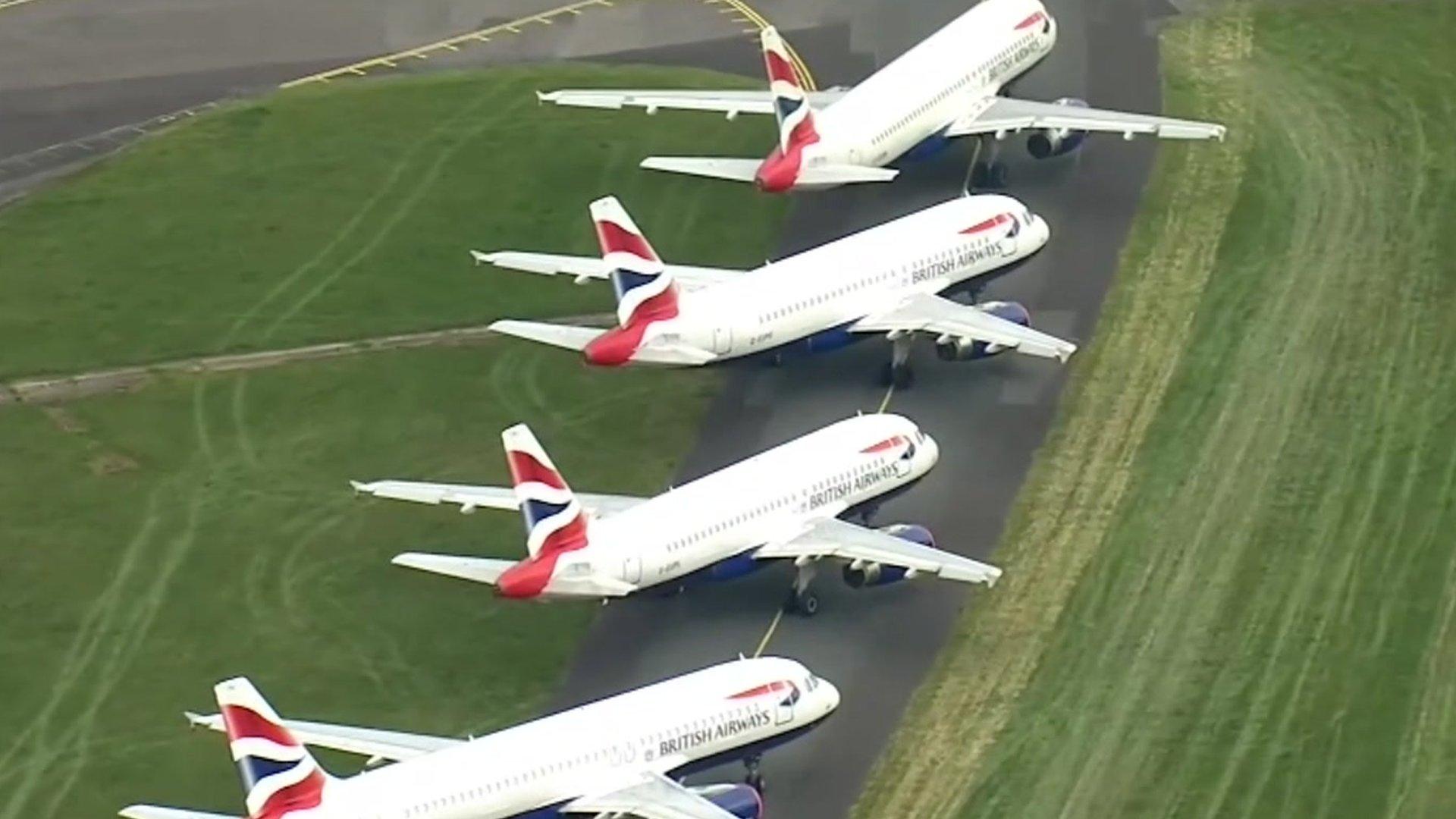
- Published1 April 2020
- Published31 March 2020
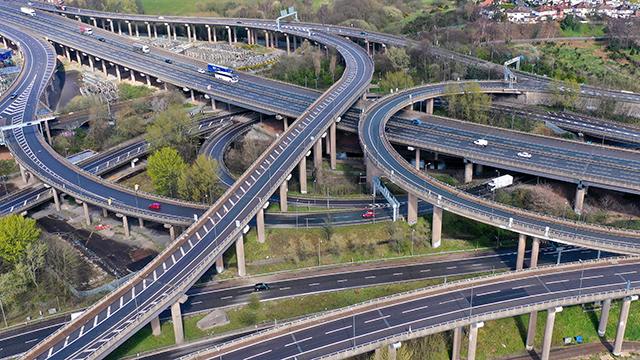
- Published12 March 2020
